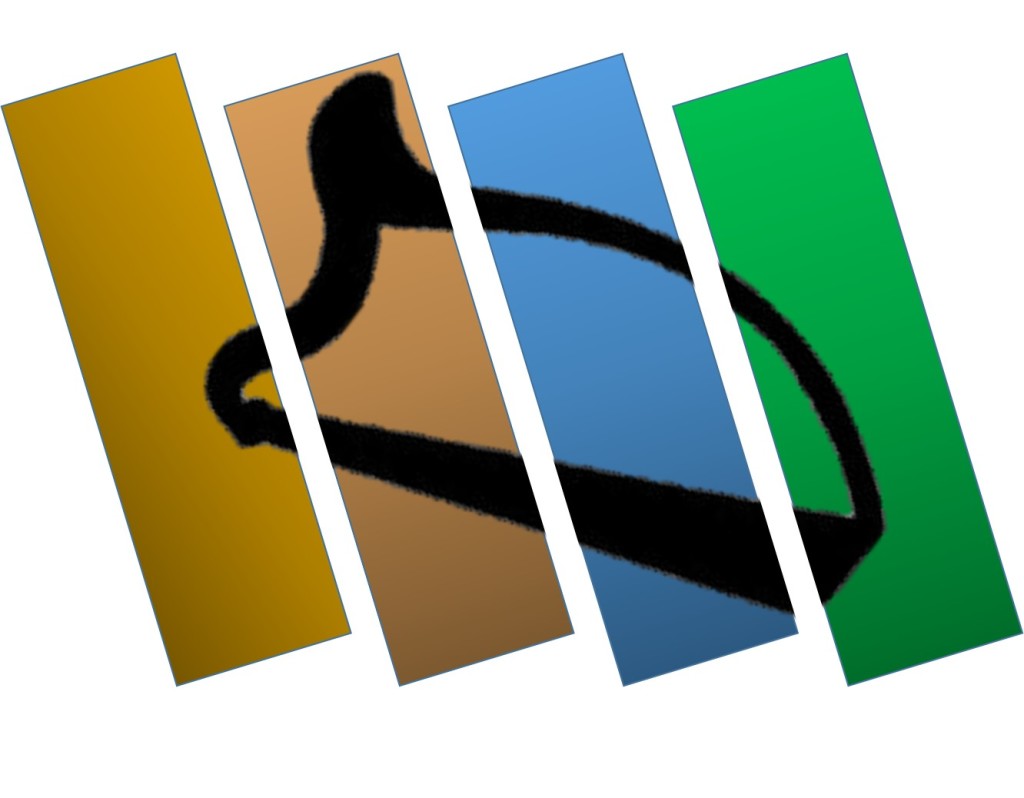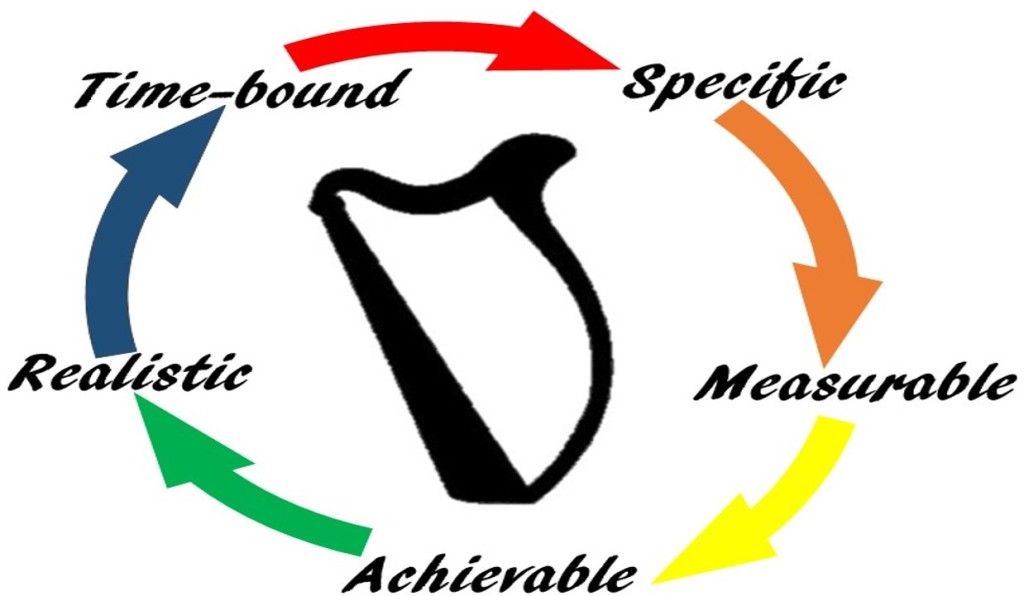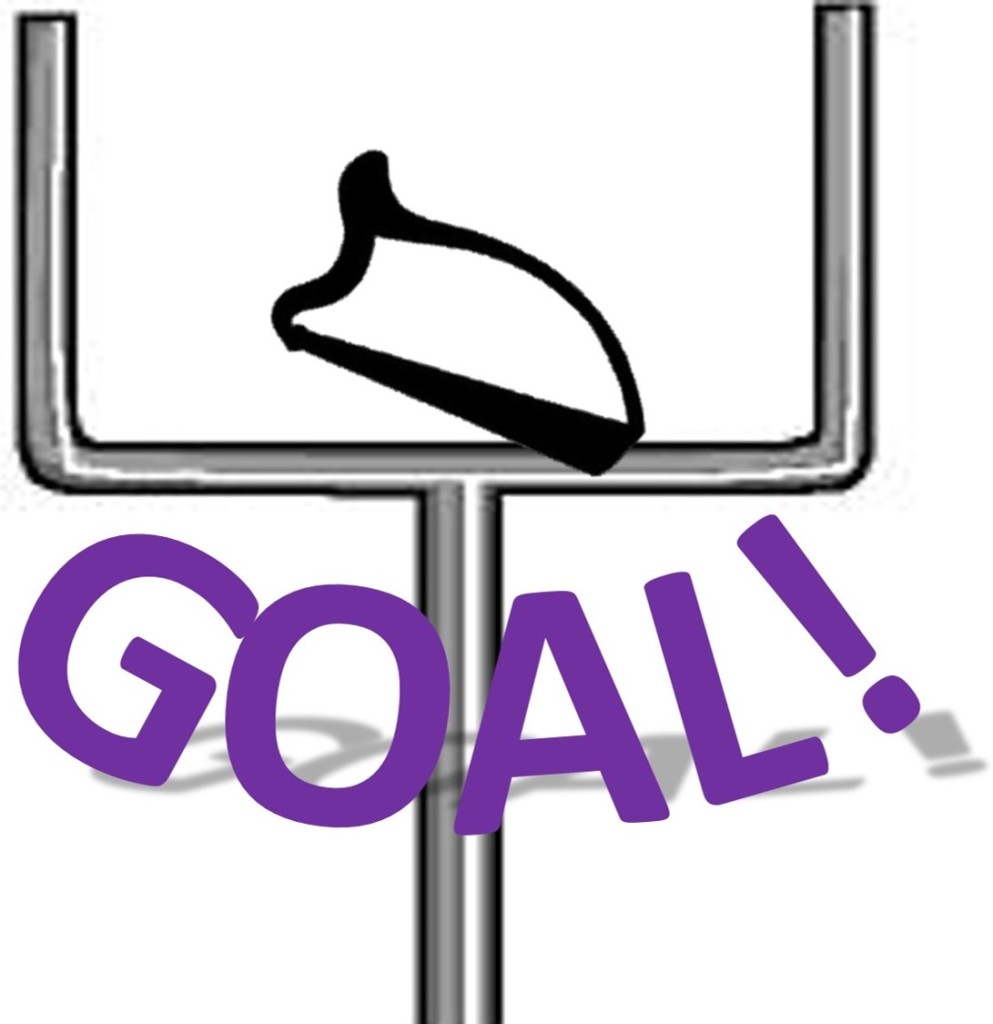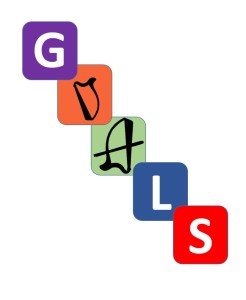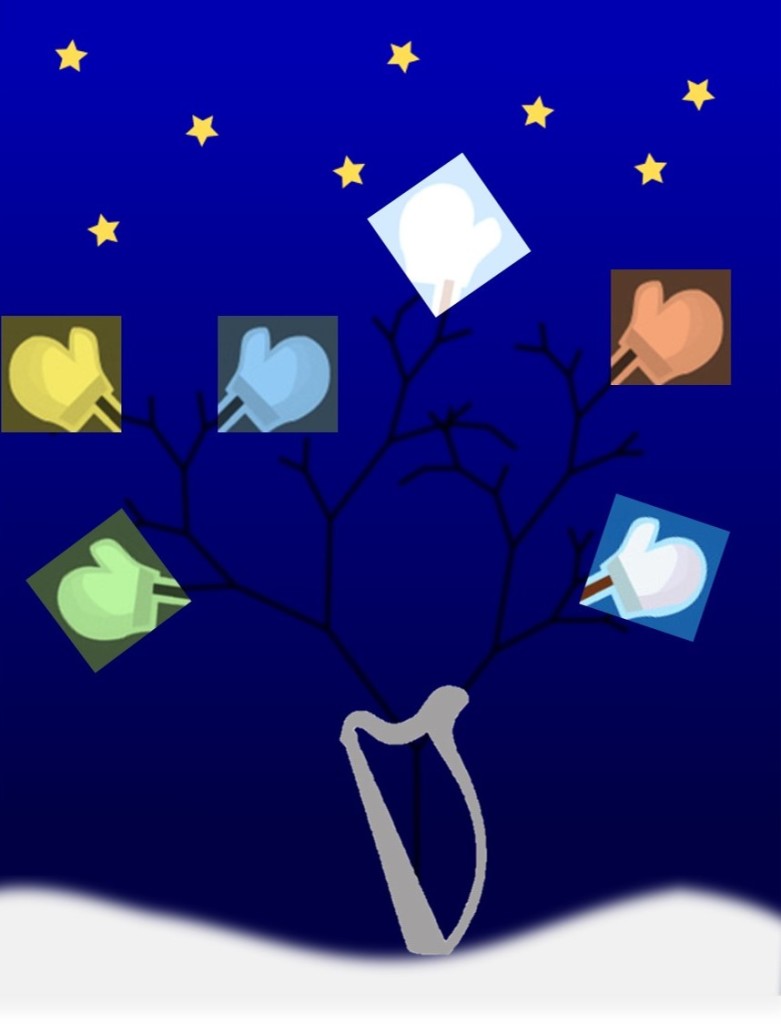Just six months until the Highlands and Islands tours. I’m excited and those of you that have already booked tell me you are too. I hope you’ll join us!
 Not a very experienced harp player? No worries! This is not a school – it is a vacation! Play as much (or as little) as you like. We’ll be having fun. Not a harper but love traditional music? No worries! We don’t discriminate. Bring your own small traditional instrument along (whistle, concertina, fiddle, guitar, etc.). We’re happy to have you too. We’ll learn and play together. We’ll share some great tunes and play in some incredible places. Our music appreciating guests (who are not playing an instrument) are welcome to sit with us as we play but also have opportunities to see and do additional things – and they tell us they enjoy these little escapes!
Not a very experienced harp player? No worries! This is not a school – it is a vacation! Play as much (or as little) as you like. We’ll be having fun. Not a harper but love traditional music? No worries! We don’t discriminate. Bring your own small traditional instrument along (whistle, concertina, fiddle, guitar, etc.). We’re happy to have you too. We’ll learn and play together. We’ll share some great tunes and play in some incredible places. Our music appreciating guests (who are not playing an instrument) are welcome to sit with us as we play but also have opportunities to see and do additional things – and they tell us they enjoy these little escapes!
But if you just don’t fancy playing the harp all over Scotland all week, you might prefer to join us for the Highlands and Islands Distillery tour. We visit six different distilleries, each very special and different in its own right. We’ll enjoy the sites and tastes of the Highlands and Islands learning all about the “uisge beatha” and its place in Scotland historically and today. While we don’t play music on this tour – we do have a great time sampling, learning, and having fun.
For more information click on http://www.jeniuscreations.com/tours-of-scotland/ and book the trip that is just right for you!
